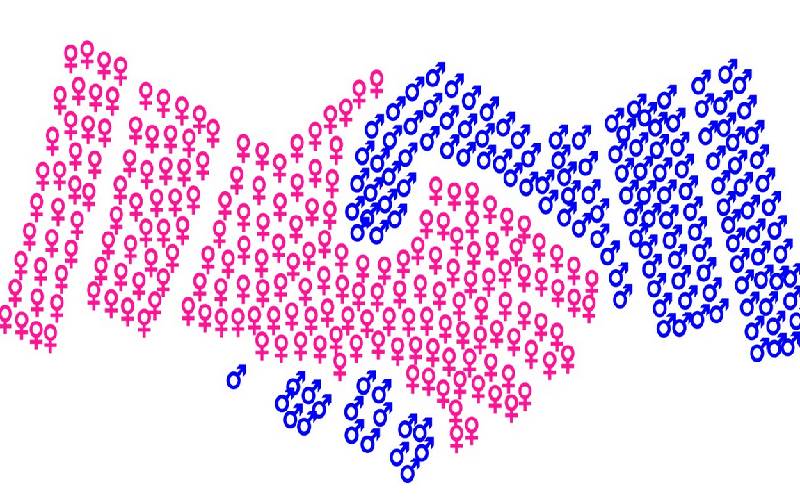×
The Standard e-Paper
Stay Informed, Even Offline
 I tried to convince my daughter to join a football team, but she refused. ‘Football is for boys’, she said. I encouraged her that girls can play football as well as boys, but she wouldn’t budge.
I tried to convince my daughter to join a football team, but she refused. ‘Football is for boys’, she said. I encouraged her that girls can play football as well as boys, but she wouldn’t budge.
I have also tried to convince her to break her pink streak and choose clothes in other colours. She doesn’t complain too much about the reds, purples and yellows, but she has drawn the line at blue, because yeah, ‘Blue is for boys, Mama.’